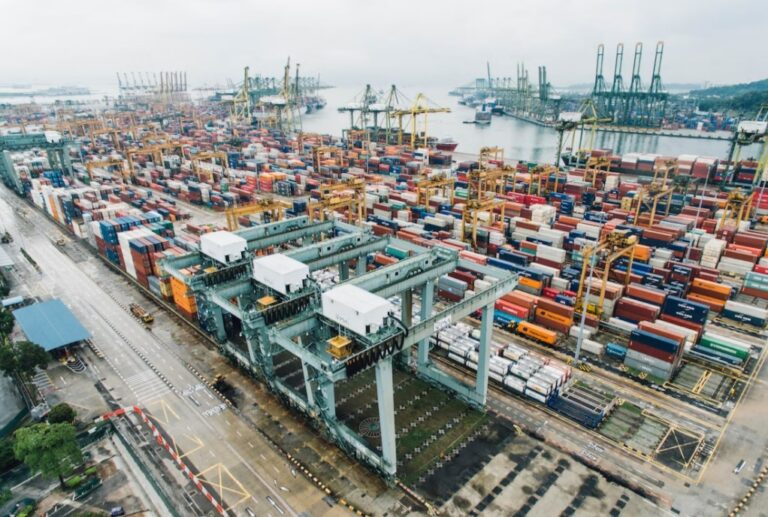Just as oil was used as a weapon by its suppliers in the 1970s, so China’s dominance in the supply and processing of critical minerals could prove threatening. Cobalt, graphite, lithium, nickel, rare earths and others are called critical for good reason.
They are critical for defence, smartphones and other digital technologies. Some are essential for wind turbines, batteries and electric vehicles. A clean energy future is inconceivable without them.
China has a near monopoly on many of these minerals. It supplies almost 90% of the rare earth elements processed. It is by far the largest producer of lithium.
In the Indo-Pacific region, this is driving Australia, Japan, South Korea and others to try to diversify away from China. Thus defining a new resource-based geopolitics,’ writes The Economist.
Table of Contents
How supply chain changes
Plans for new supply chains of critical minerals are being worked out in multilateral forums such as the Quad Group of America, Australia, India and Japan.
Resource-rich countries such as Australia and Indonesia (with plenty of nickel and plans for a battery industry) aim to profit from a mineral bonanza.
According to the National Bureau of Asian Research, a Seattle-based think tank, most strategies focus on three aspects: ‘friend-shoring’, shifting supply chain management from ‘just in time’ to ‘just in case’ and ensuring spare capacity in mineral processing.
Australia’s strategy for critical metals
To this end, Australia is committing A$500 million ($343 million) to projects under its new strategy. This is in addition to an existing A$2 billion fund to get critical minerals projects off the ground at an early stage, including a rare earths refinery.
This year, the Australian government blocked a Chinese company from increasing its stake in a rare earths company on national security grounds.
The role of South Korea
South Korea, with global ambitions in electric vehicles and batteries, seems particularly vulnerable to competition between America and China on this issue (and others).
As part of President Yoon Suk-yeol’s commitment to ‘comprehensive resource security measures’, his government published a plan earlier this year to secure supplies of critical minerals.
The goal is to reduce the country’s dependence on imports from China from 80% to 50% by 2030 and increase the use of recycled minerals from 2% to 20% of the total.
South Korea has formed partnerships with countries such as Australia, Indonesia and Kazakhstan. As well as the EU. It has joined a US-led, multi-country Minerals Security Partnership, announced last year.
India and Taiwan also want to count more
Taiwan and India are also trying to adopt new strategies for critical minerals. In almost all cases, the challenge is China’s blockade of processing, which is expensive, complex and potentially environmentally hazardous.
Dozens of metallurgical steps are required to transform a rare earth mineral into the final product. Only small quantities of critical minerals can be extracted from large quantities of ore. Decades ago, China placed processing at the centre of its industrial plans, using massive subsidies and lax environmental standards. Its dominance reflects this decades-long strategy.
In principle, its customers did not mind that China used its processing monopoly to lower prices and discourage global competitors. However, the risks of Chinese dominance have increased.
For Japan, this became evident in 2010, when China suspended rare earth exports to the country in retaliation for a dispute over some disputed islets. Last year it threatened to withhold critical minerals from two US defence contractors, Lockheed Martin and Raytheon Technologies, in protest against arms sales to Taiwan.
Read also: China puts English in the drawer: language teaching in public schools faces a setback












